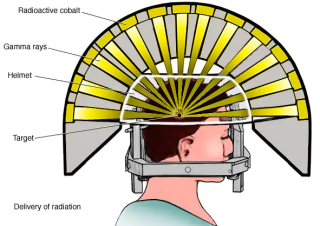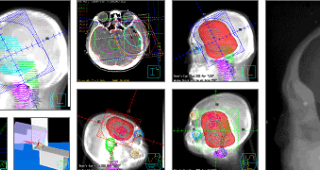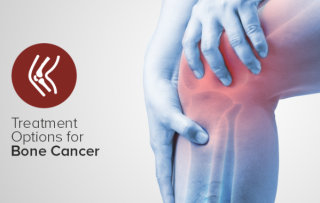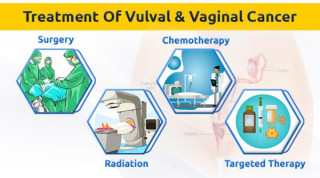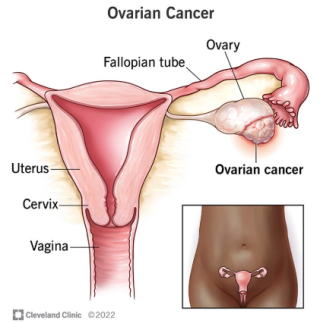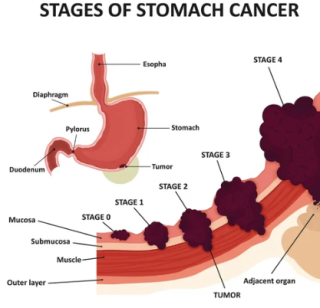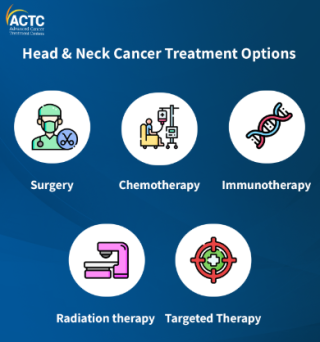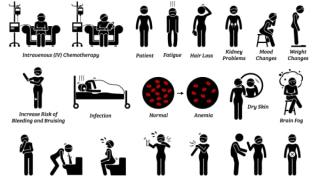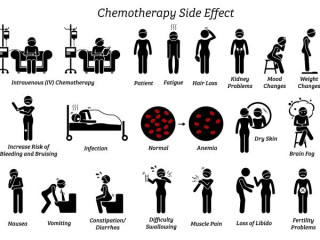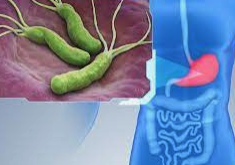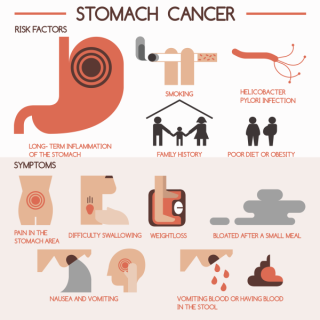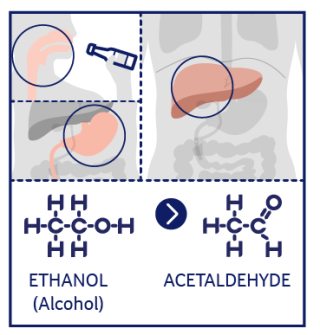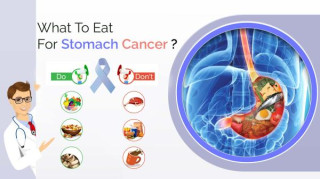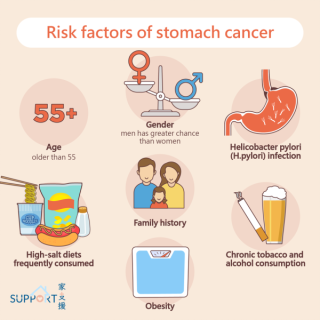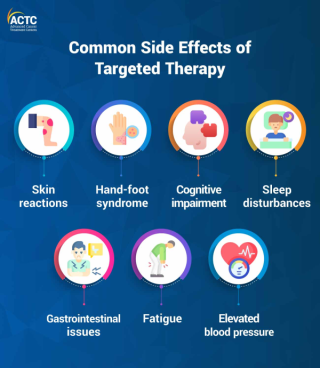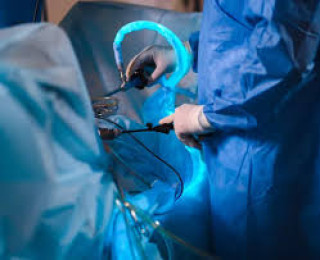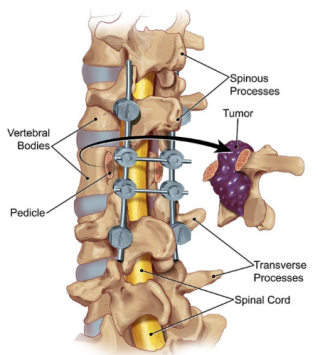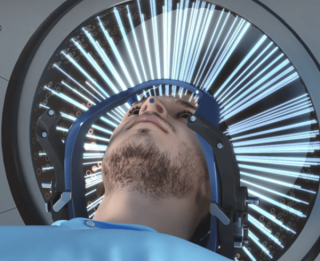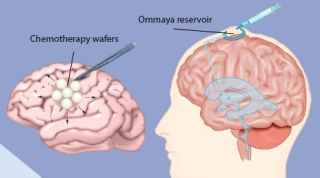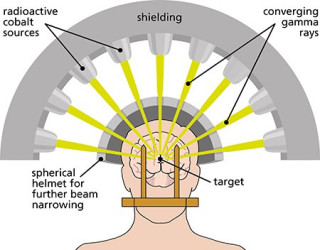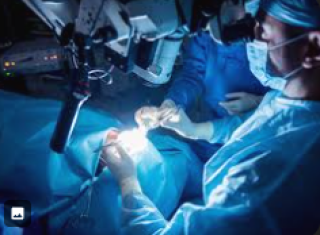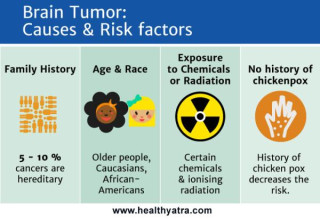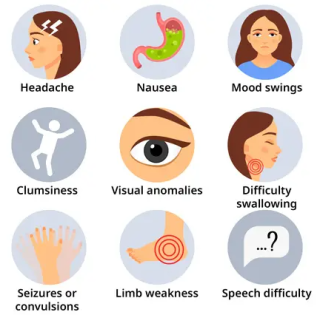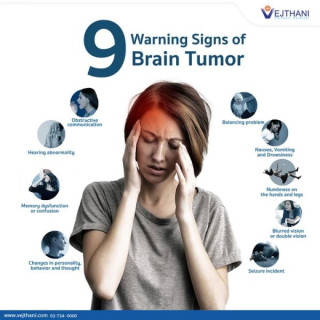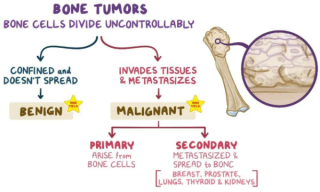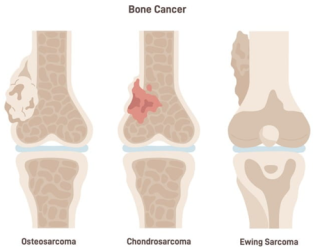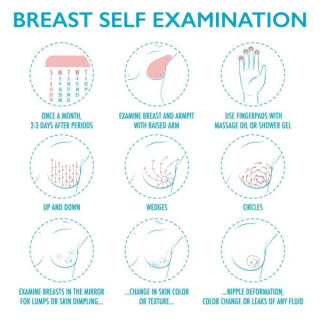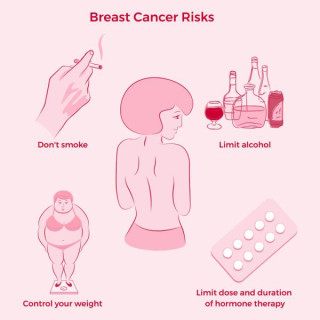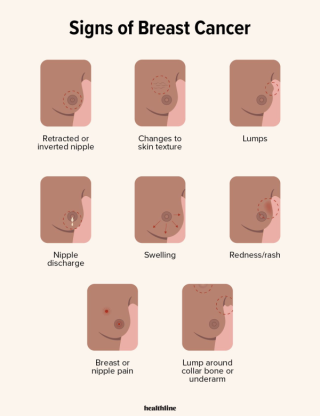Side Effects of Vulvar Cancer Chemotherapyupdated at Nov 08, 2025 1,443 1,443 Chemotherapy for vulvar cancer can lead to a variety of side effects, |
How is Hodgkin's disease treated?created at May 22, 2009 1,402 1,402 Hodgkin's disease treatment depends on the stage and type of the disease, |
Precision Treatment: Understanding Stereotactic Radiosurgery for Brain Tumorscreated at May 04, 2009 1,437 1,437 Stereotactic radiosurgery (SRS) is a precise radiation therapy technique used to treat brain tumors and other lesions.It delivers a highly focused, |
Understanding the Side Effects of Brain Tumor Treatmentcreated at May 04, 2009 1,474 1,474 Brain tumor treatments, |
Understanding Radiation Therapy for Brain Tumorscreated at May 04, 2009 1,488 1,488 Radiation therapy for brain tumors uses high-energy radiation to kill cancer cells and shrink tumors.This can be delivered externally through a linear accelerator (external beam radiation therapy) or internally via implanted radioactive seeds (brachytherap... |
Exploring Treatment Options for Bone Cancer: A Comprehensive Guidecreated at May 03, 2009 1,568 1,568 Treatment for bone cancer depends on several factors including the type and location of the cancer, |
Exploring Three Vulvar Cancer Treatmentscreated at May 05, 2009 1,309 1,309 Three common treatments for vulvar cancer include surgery, |
Navigating Ovarian Cancer Treatment - Key Questions to Ask Your Doctorcreated at May 05, 2009 1,428 1,428 Ovarian cancer treatment depends on the stage, |
The basic information for Stomach cancercreated at May 03, 2009 1,393 1,393 Stomach cancer, |
Exploring Treatment Options Beyond Surgery for Head and Neck Cancerscreated at May 09, 2009 1,293 1,293 Treatment options for head and neck cancers beyond surgery include radiation therapy, |
Navigating the Side Effects of Cancer Treatmentcreated at May 04, 2009 1,539 1,539 Cancer treatment, |
Balancing Act: Understanding the Side Effects of Biological Therapy in Stomach Cancer Treatmentcreated at May 04, 2009 1,284 1,284 Biological therapy for stomach cancer, |
Precision and Progress: Navigating Surgery as a Primary Treatment for Stomach Cancerupdated at Nov 13, 2025 1,537 1,537 Surgery is a primary treatment for stomach cancer, |
Unveiling the Link: Helicobacter pylori Infection and the Risk of Stomach Cancerupdated at Nov 14, 2025 1,330 1,330 Helicobacter pylori: A Key Risk FactorHelicobacter pylori (H.pylori) is a prevalent bacterium strongly linked to various stomach ailments, |
How Previous Stomach Surgery Might Increase Stomach Cancer Riskcreated at May 04, 2009 1,343 1,343 Previous stomach surgery, |
The Looming Threat: Stomach Cancer and its Ties to Tobacco and Alcohol Abusecreated at May 04, 2009 1,381 1,381 Stomach cancer, |
The Link Between Diet and Stomach Cancercreated at May 04, 2009 1,362 1,362 Diet plays a significant role in stomach cancer risk.A diet high in processed meats, |
Understanding the Risks Between Aging and Stomach Cancercreated at May 04, 2009 1,303 1,303 The risk of stomach cancer increases significantly with age, |
What are the Side Effects of Treatment for Colorectal Cancer?updated at Nov 08, 2025 1,499 1,499 Side effects from colorectal cancer treatment are highly variable, |
Surgery for Colorectal Cancerupdated at Nov 13, 2025 1,390 1,390 Surgery is frequently the primary and sometimes the sole treatment approach for colorectal cancer.The specific surgical procedure employed is dictated by the tumor's location and size. Partial Colectomy: The Standard ProcedureThe most common surgical inter... |
What should I ask my doctor when diagnosed with endocrine cancer?created at May 04, 2009 1,314 1,314 Diagnosing endocrine cancer involves a combination of methods, |
Surgery for Spine Tumorscreated at May 04, 2009 1,322 1,322 Surgery for spine tumors aims to remove the tumor, |
Gamma Knife & Stereotactic Radiosurgerycreated at May 04, 2009 1,601 1,601 Gamma Knife and stereotactic radiosurgery are advanced, |
Exploring Chemotherapy: A Powerful Weapon Against Cancercreated at May 04, 2009 1,363 1,363 Chemotherapy, |
Essential Questions to Ask Your Doctor About Brain Cancer Treatmentcreated at May 04, 2009 1,273 1,273 Navigating a diagnosis of brain cancer can be overwhelming, |
Clinical trials for Brain Cancercreated at May 04, 2009 1,270 1,270 Clinical trials for brain cancer are research studies that test new treatments, |
Chemotherapy for Brain Cancercreated at May 04, 2009 1,286 1,286 Chemotherapy for brain cancer involves using drugs to kill cancer cells, |
Stereotactic radiosurgery for Brain Cancercreated at May 04, 2009 1,276 1,276 Stereotactic radiosurgery (SRS) is a non-invasive type of radiation therapy that delivers highly focused beams of radiation to a precise point in the brain to target brain tumors, |
Understanding Surgery for Brain Tumors: A Comprehensive Guidecreated at May 04, 2009 1,393 1,393 Brain tumor surgery aims to remove as much of the tumor as safely possible while minimizing damage to healthy brain tissue.The approach varies depending on the tumor's location, |
Unraveling the Enigma: Exploring the Causes of Brain Tumorscreated at May 03, 2009 1,512 1,512 The precise causes of brain tumors remain largely unknown, |
What are the symptoms of Brain Tumors?updated at Nov 11, 2025 1,574 1,574 Brain tumor symptoms are highly variable, |
What is brain cancer?created at May 03, 2009 1,256 1,256 Brain cancer is a disease in which malignant (cancerous) cells form in the tissues of the brain.It encompasses a wide variety of tumors, |
Demystifying Bone Tumors: Understanding Benign and Malignant Varietiescreated at May 03, 2009 1,348 1,348 Bone tumors are growths that develop in bone tissue, |
How is bone cancer diagnosed?created at May 03, 2009 1,418 1,418 Bone cancer diagnosis begins with a thorough medical history and physical examination, |
What are the symptoms of bone cancer?created at May 03, 2009 1,255 1,255 Bone cancer symptoms vary depending on the location and type of cancer, |
What is the difference between primary bone cancer and secondary bone cancer?created at May 03, 2009 1,311 1,311 Primary bone cancer originates in the bone itself, |
What should I do if I find a lump while performing a monthly breast self-exam?created at May 03, 2009 1,329 1,329 Finding a lump during a breast self-exam doesn't automatically mean it's cancerous, |
Understanding Your Risk: How Likely Are You to Get Breast Cancer?created at May 03, 2009 1,330 1,330 Your risk of developing breast cancer depends on many factors, |
Recognizing the Red Flags: Warning Signs for Breast Cancercreated at May 03, 2009 1,414 1,414 Warning signs of breast cancer can include a new lump or thickening in the breast or underarm, |

